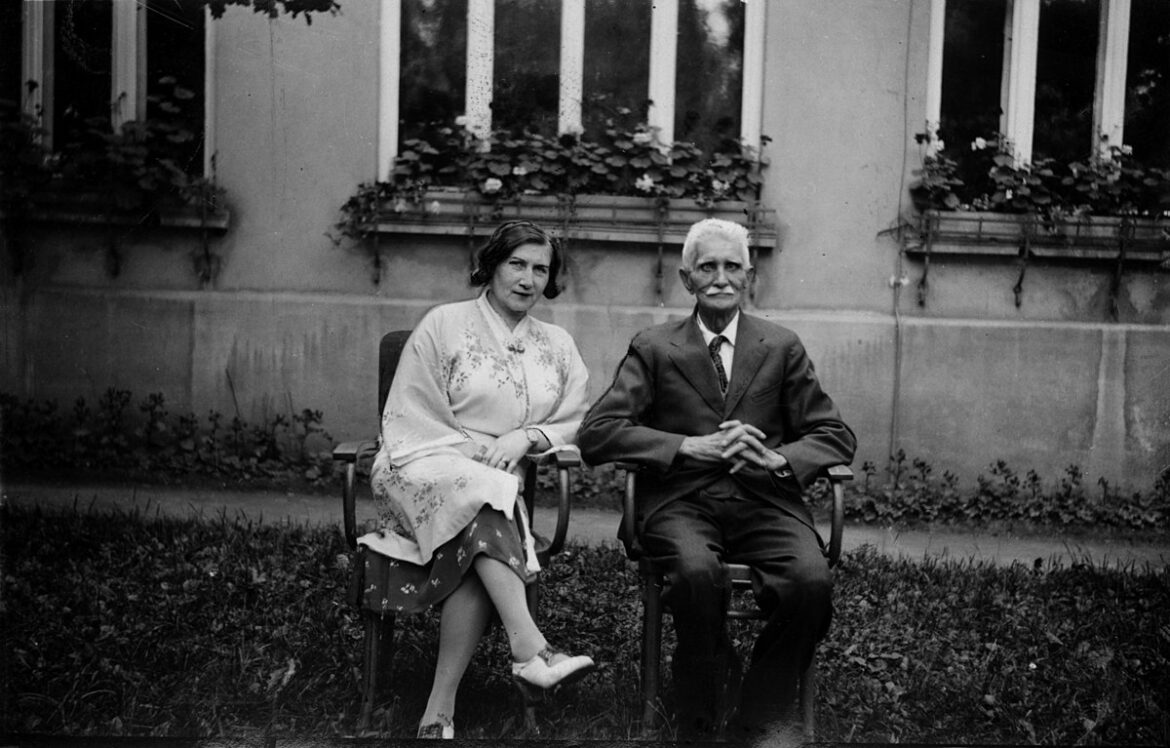Ignacy Daszyński was born on 26 October 1866 in Zbaraż in Volhynia (now Ukraine) into a large and patriotic family of a Polish official. He lost his father in childhood, and from the first year of secondary school made a living by giving tutoring lessons. His fervent patriotism was instilled in him by his older brother Feliks. Ignacy was expelled from school for giving a lecture on the Springtime of Nations and was forced to take his school-leaving exams externally.
He studied natural sciences at the Jagiellonian University and at the University of Zurich. He spent a great deal of time on self-education. Daszyński often changed his place of residence and lived a very modest life working odd jobs. He was one of the founders of the Polish Social-Democratic Party of Galicia and Cieszyn Silesia, recognising the need for Poland to regain its independence as a condition for the implementation of social reforms. In 1897, supported by workers, some peasants and many Jews, he became a member of the Austrian Parliament in Vienna. He became known as a brilliant speaker.
Daszyński was involved in organising patriotic demonstrations, including the 500th anniversary of the battle of the Polish-Lithuanian knights against the Teutonic Knights at Grunwald. After the outbreak of World War I, he joined the Riflemen’s Association, but felt more comfortable in politics as a member of the Supreme National Committee recruiting for the Polish Legions. In the autumn of 1918, he became one of the leaders of the Polish Liquidation Commission in Kraków, which was taking power from the Austrians. He also headed the Provisional People’s Government of the Polish Republic formed in Lublin.
During the Second Republic, he was Chairman of the Supreme Council of the Polish Socialist Party and founder of the Workers’ University Society. During the invasion of Bolshevik Russia in 1920, he became Deputy Prime Minister of the Government of National Defence. Daszyński later served as Speaker of the Sejm of the Republic of Poland. He opposed the communists’ slogans calling for the dictatorship of the proletariat.
He had to withdraw from public life in 1930 due to deteriorating health. At the end of his life, he had a relationship with Celina Kempner, a Jewish woman and PPS activist. He died on 31 October 1936. His funeral in Krakow attracted tens of thousands of participants and became a huge working-class and patriotic manifestation.





